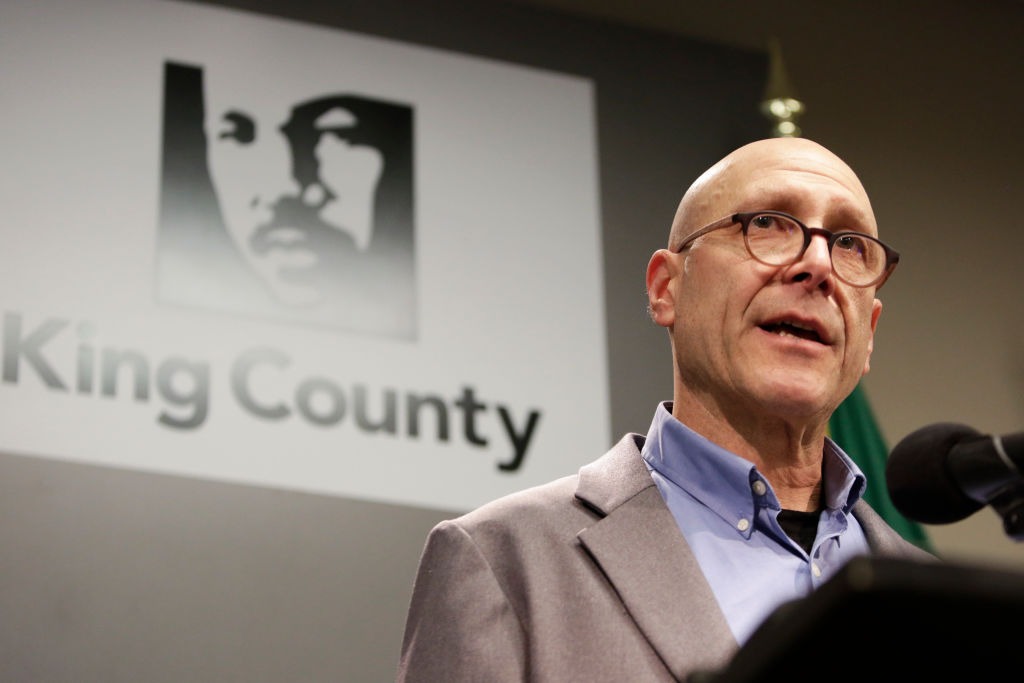
Washington State’s Most Populous County Curbed Covid-19 Among The Homeless By Moving Them To Hotels. But One Local Government Fought Back.
Seattle suburb Renton is battling an emergency homeless shelter through its zoning code.

Seattle suburb Renton is battling an emergency homeless shelter through its zoning code.
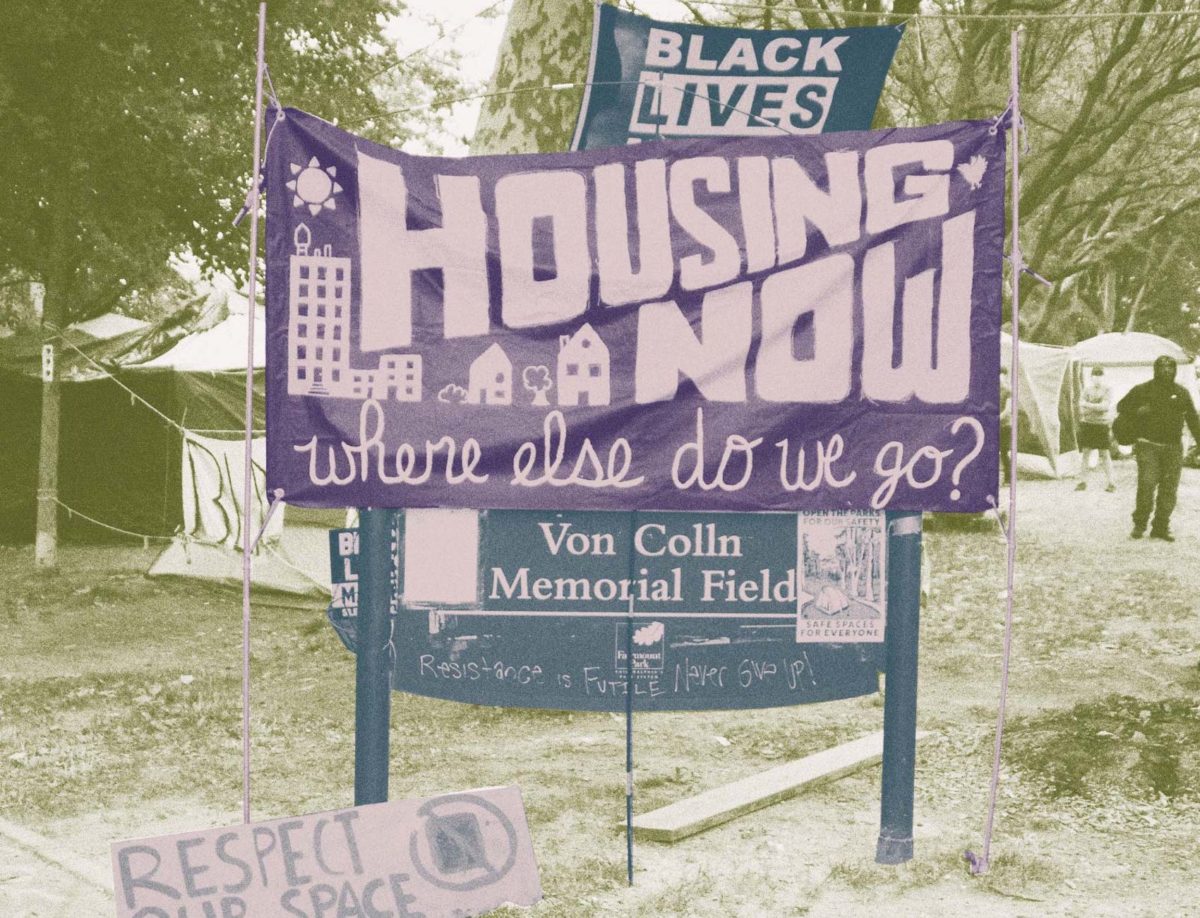
Although the agency has vacant properties, public housing has been out of reach for nearly a decade for many who need it.
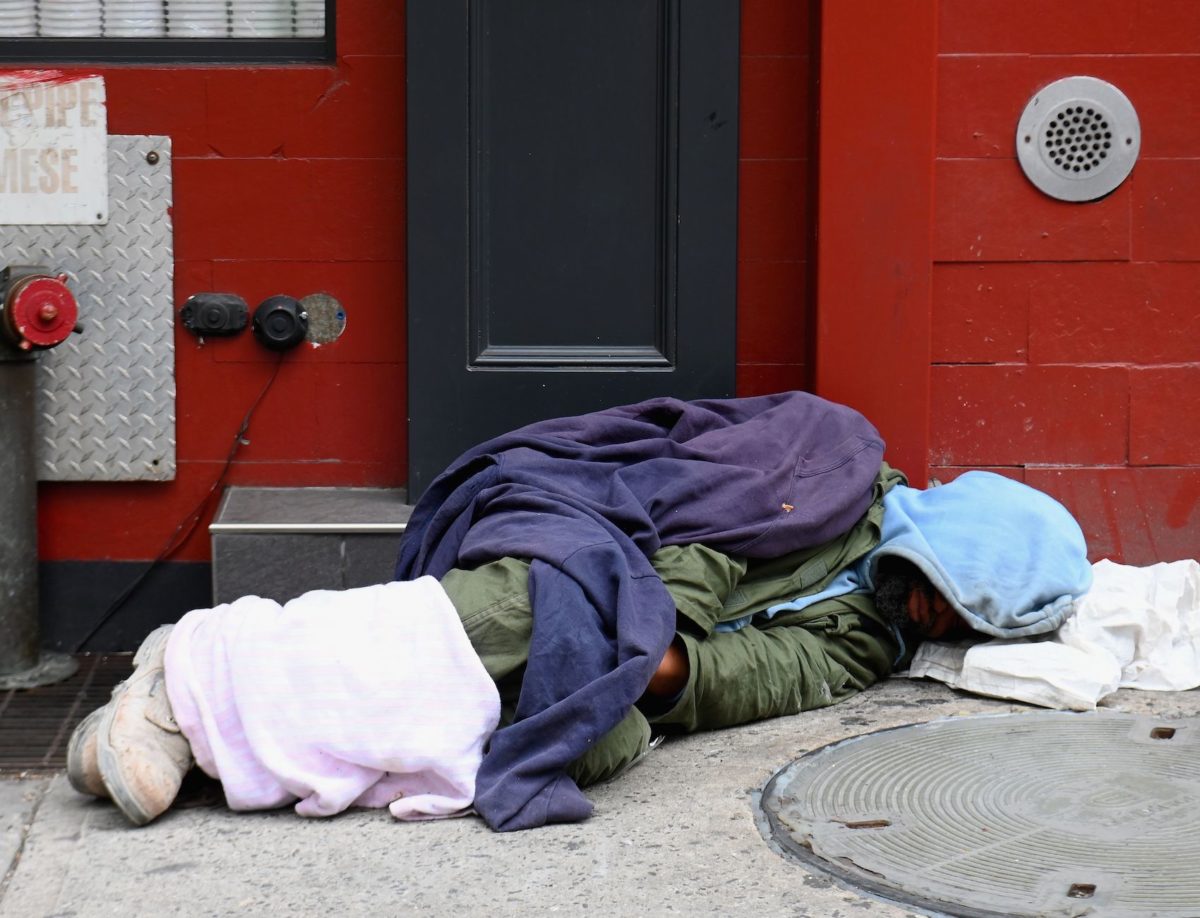
Many city residents who’ve served time for sexual crimes have families who want them back, but a 19-year-old law keeps them away.
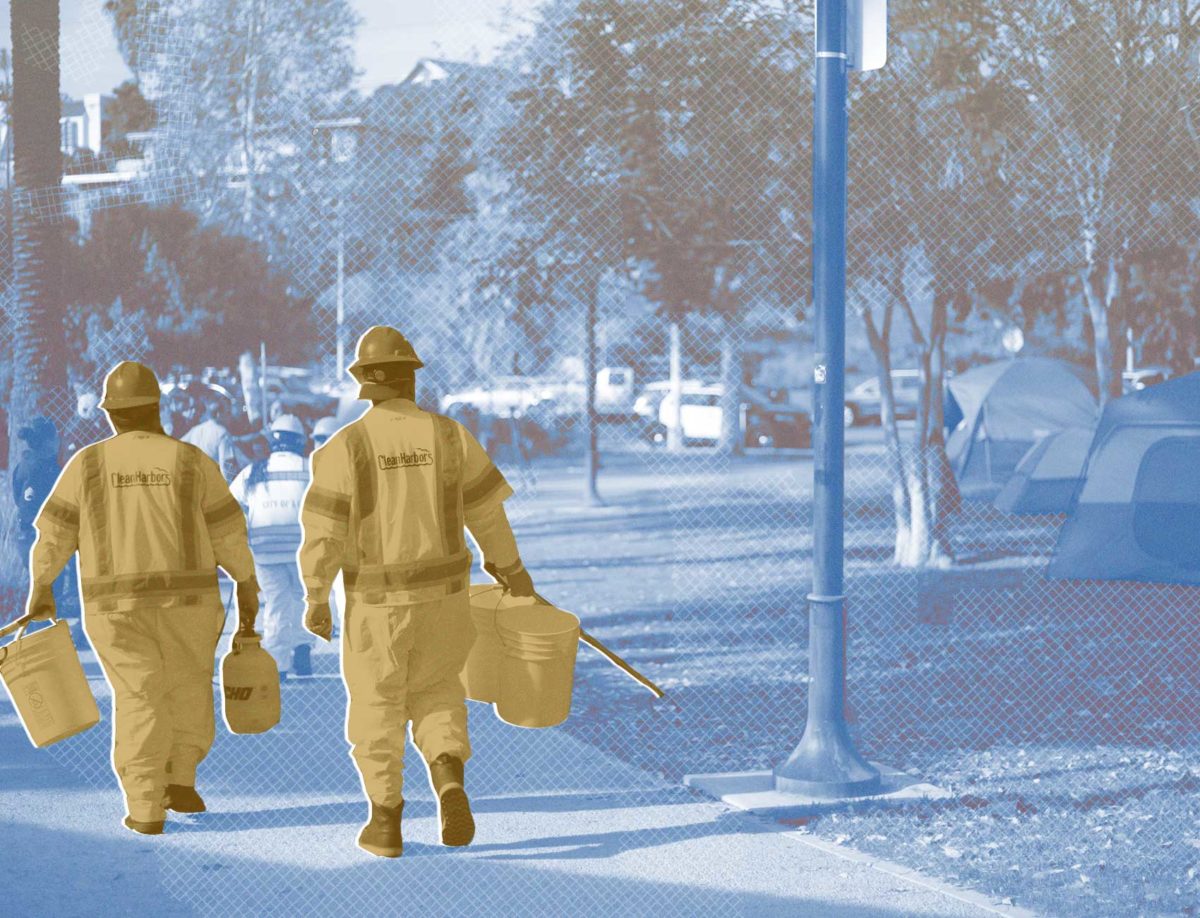
The city is ramping up a cleanup program that activists fear will worsen the criminalization of homelessness.
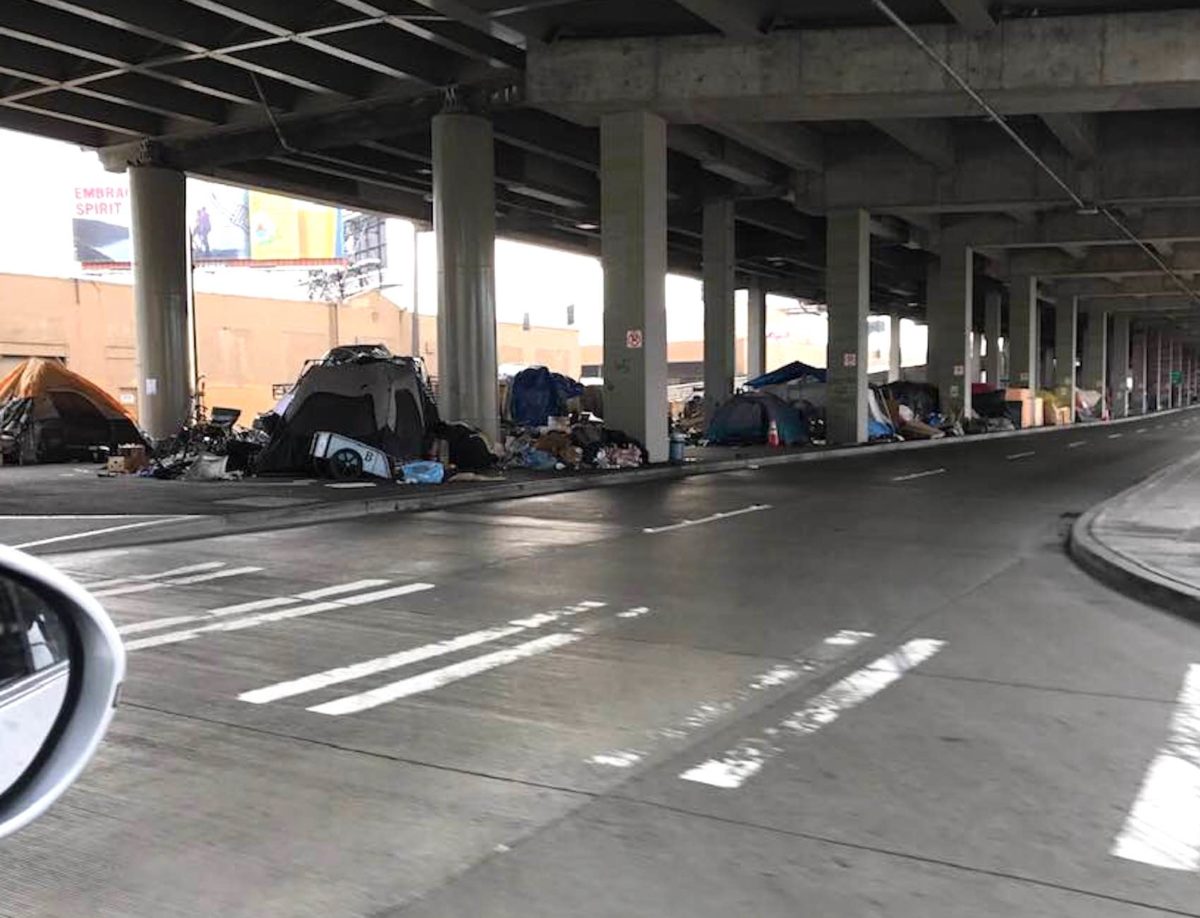
Last week, the City Council reinstated a “no camping” ordinance meant to discourage people experiencing homelessness from sleeping on sidewalks and outside a shelter. Advocates say the city is criminalizing poverty.

Spotlights like this one provide original commentary and analysis on pressing criminal justice issues of the day. You can read them each day in our newsletter, The Daily Appeal. “Donald Trump has long understood that he can leverage homelessness to motivate people,” writes David Graham for The Atlantic. “In the early 1980s, the developer was desperate to get […]
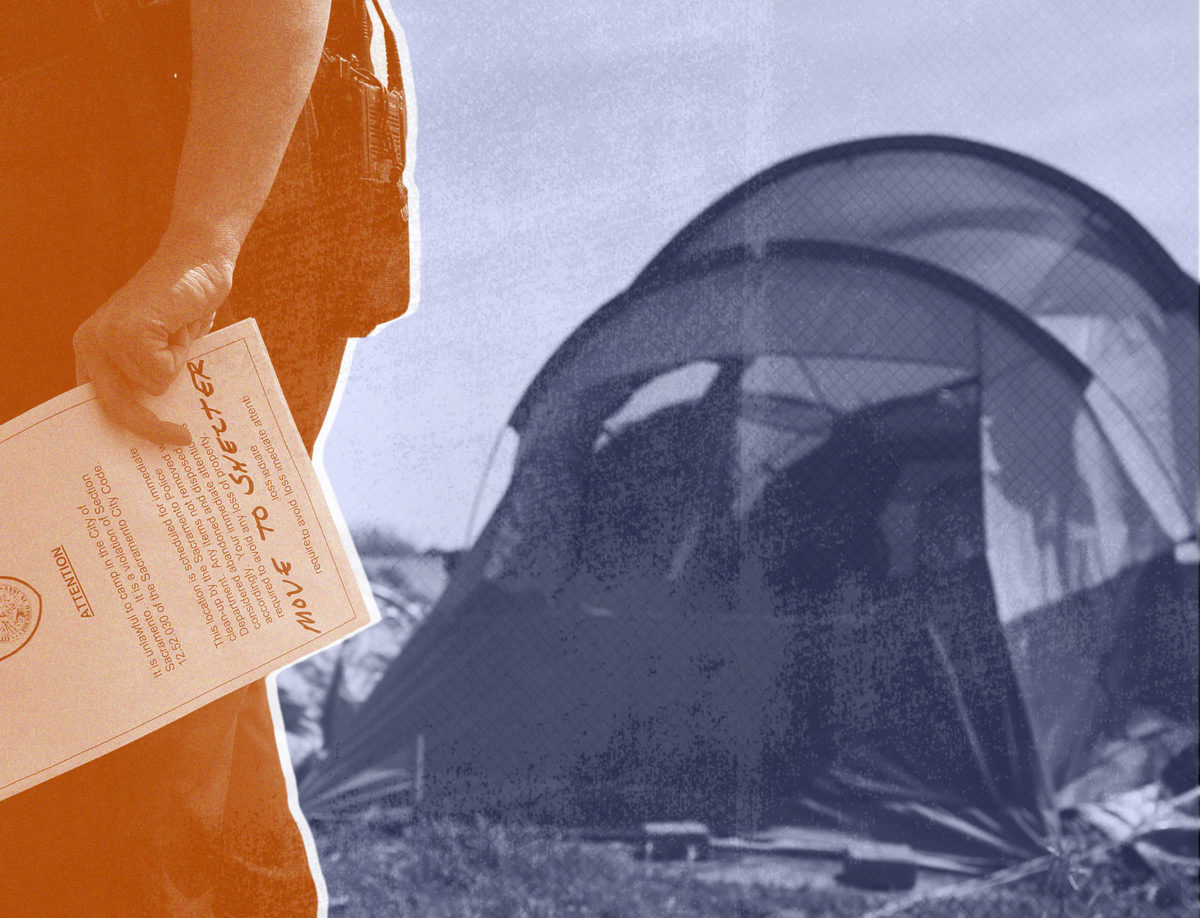
Advocates and homeless people are suing Sacramento County over its treatment of homeless—and the city responded by filing a lawsuit against seven men for being a ‘public nuisance.‘
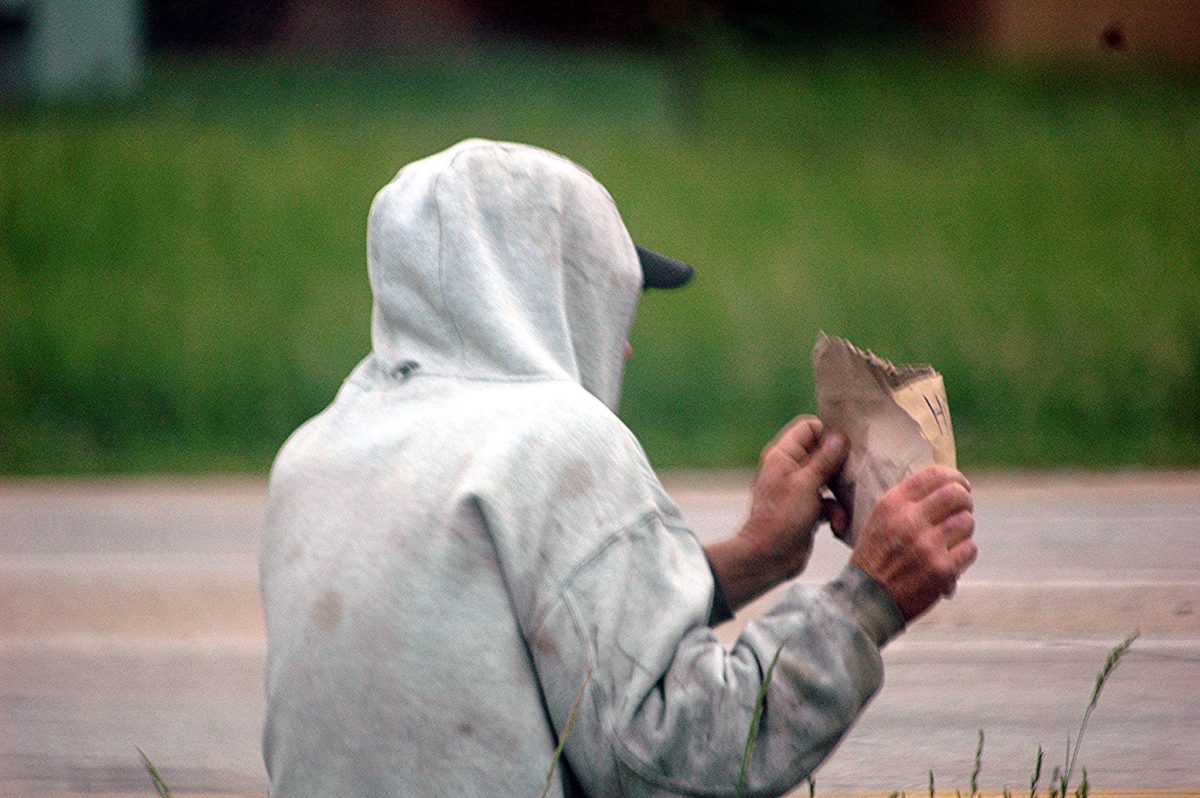
Dozens of reports about an indigent man in Bradenton, Florida, showed the cruel excesses of local news’s homelessness coverage.

For far too long, the press has leaned on wrong-headed tough-on-crime officials like the former NYPD commissioner when reporting on the criminal legal system.
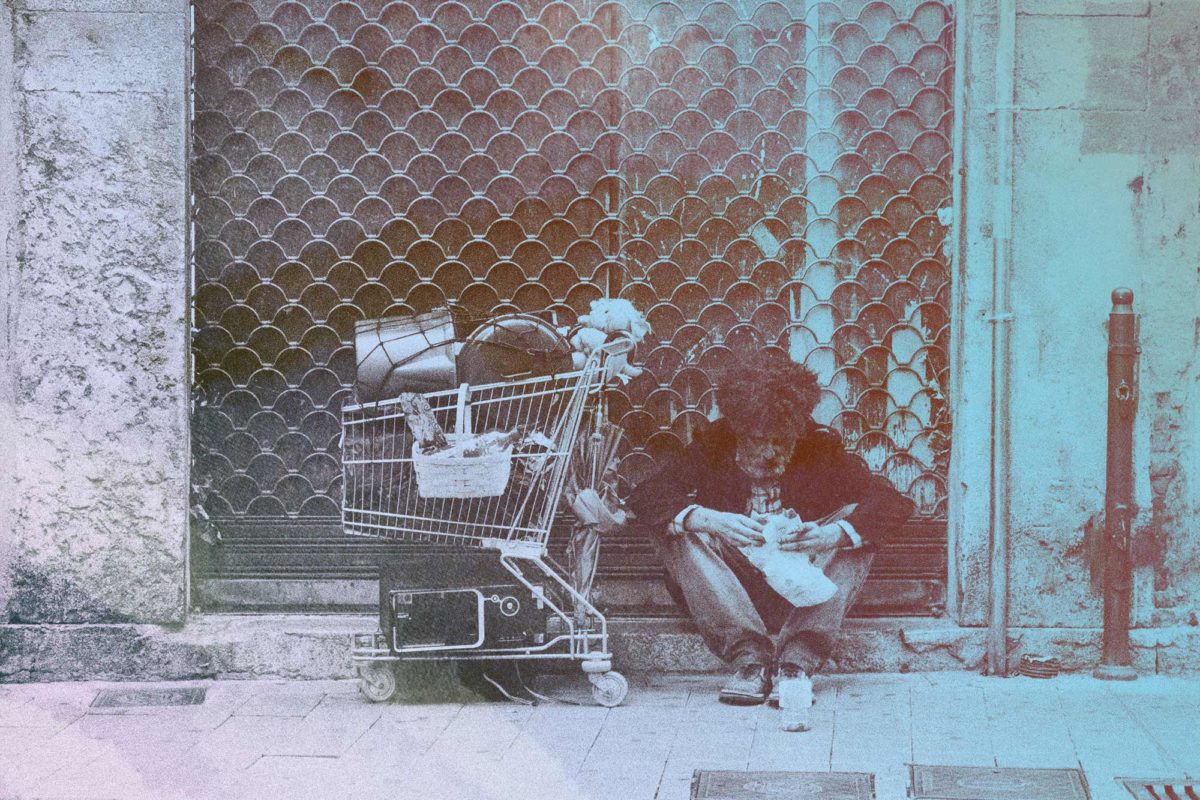
In 2017, over 2,000 homeless people were arrested on charges including drinking in public and panhandling. That same year, roughly 1,400 people were arrested in Miami-Dade County for rape, murder, and robbery.
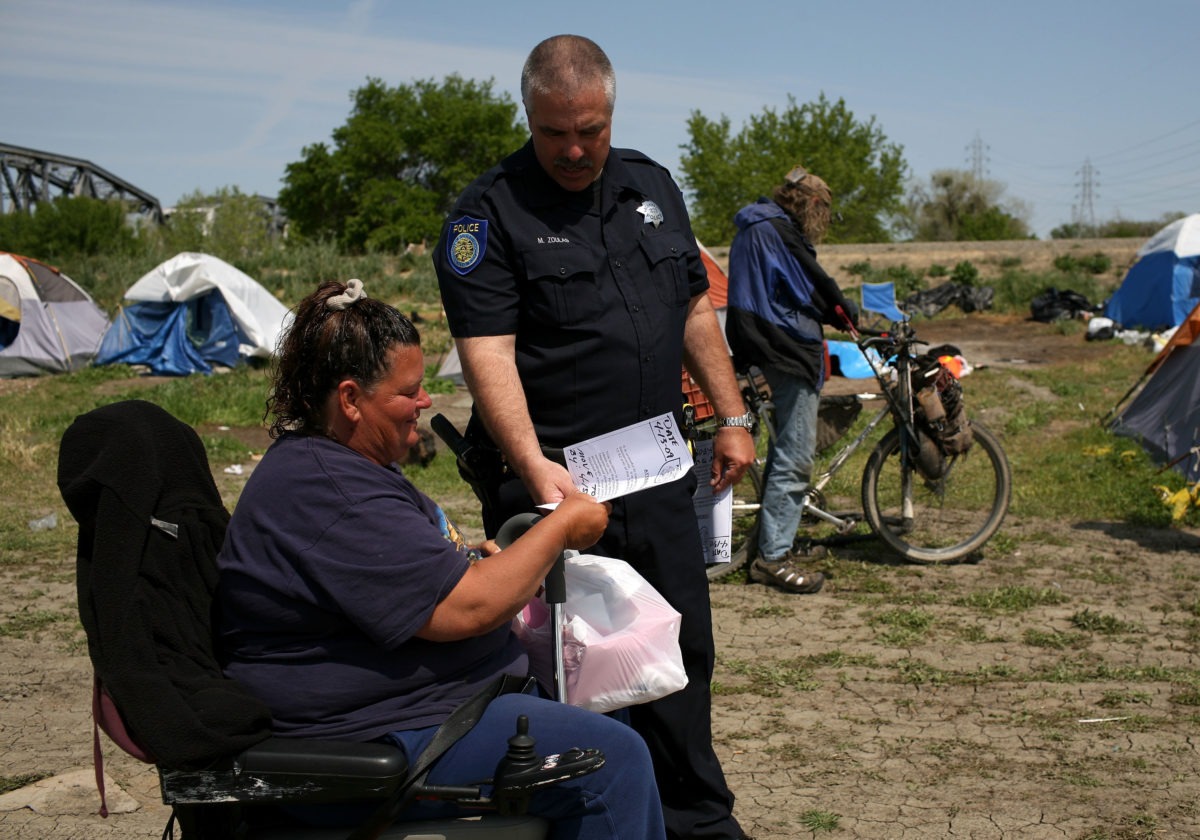
Josie and Clint talk with Sara Totonchi, the Executive Director of the Southern Center for Human Rights.
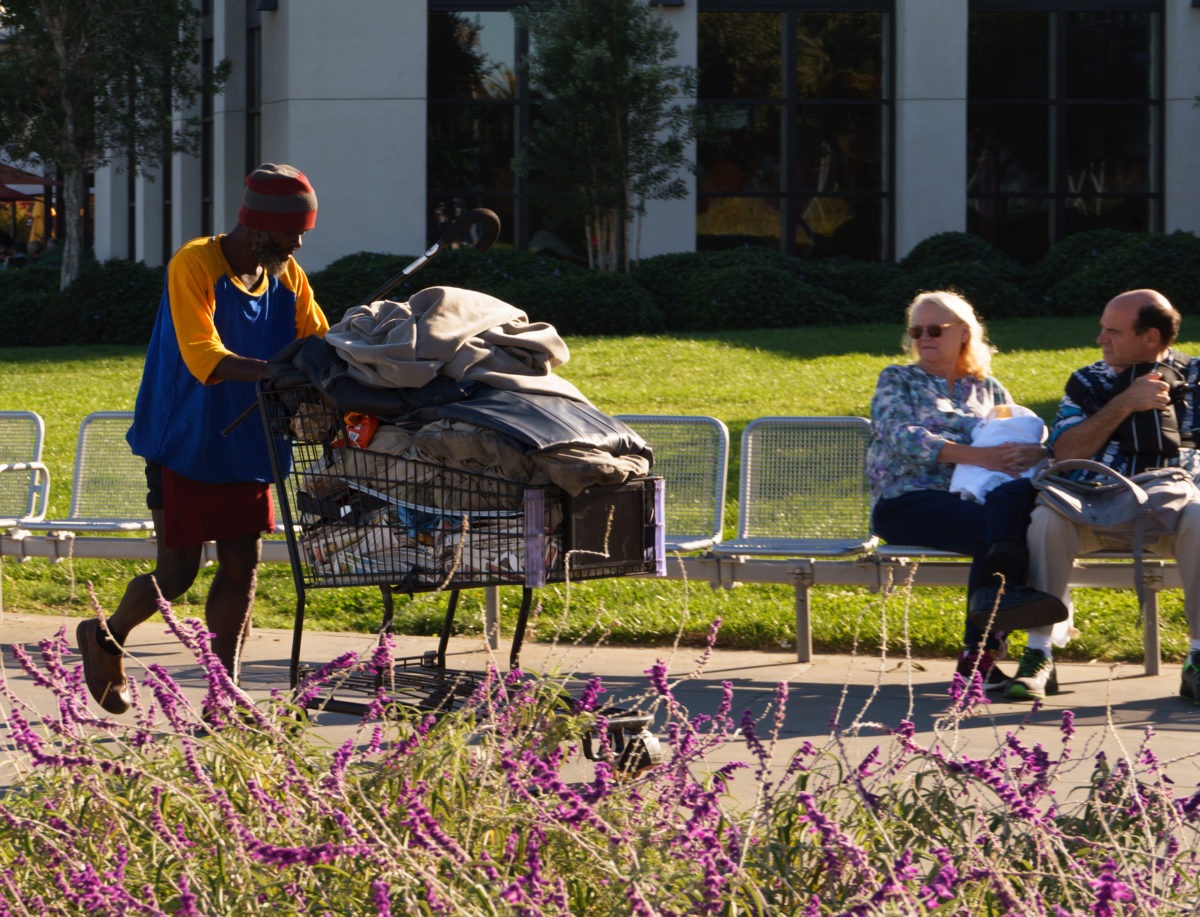
Supporters hope the passage of Prop C may herald a more compassionate—and effective—approach.

A judge’s decision could end the practice of jailing people for soliciting money along streets and highways, but DA Spencer Merriweather has been slow to embrace the change.
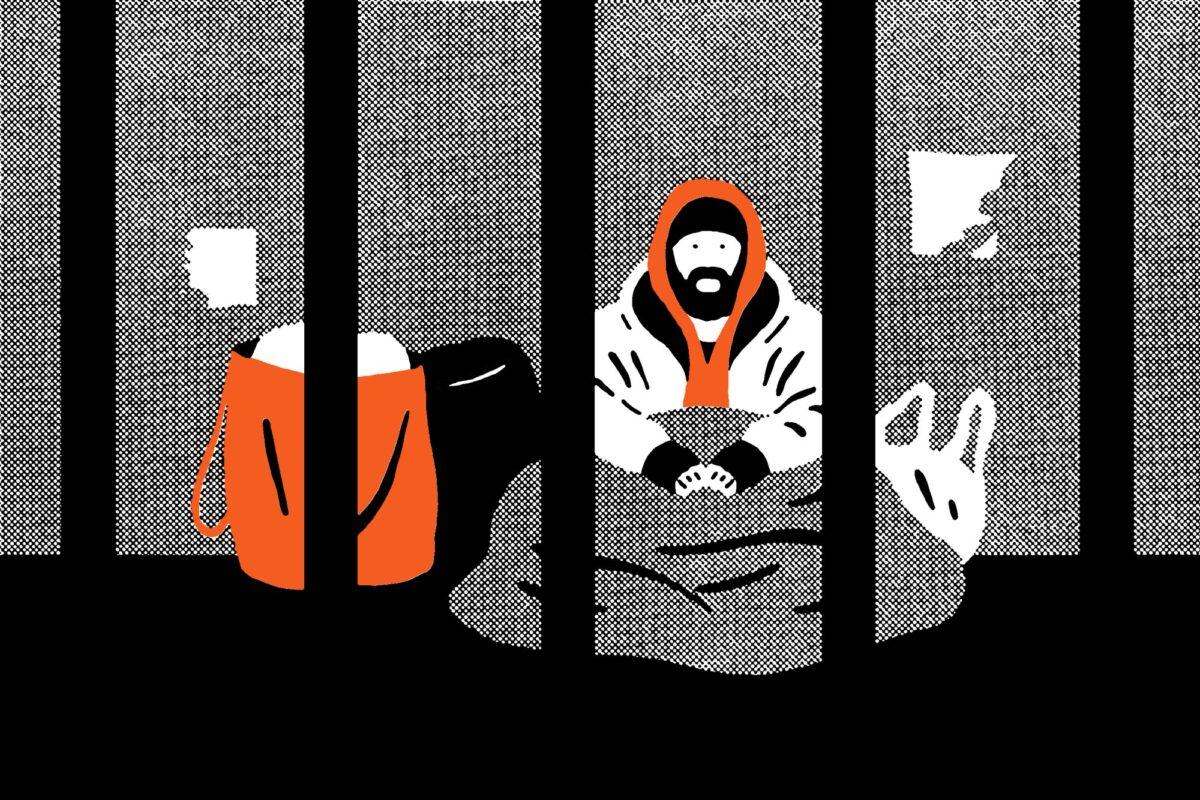
Most evenings, Aguirre Dick rides his bike about three miles from the streets of Waikiki in Honolulu to the slopes of a volcano, where he sleeps. If he doesn’t make that trek, he could be arrested. A 2014 law made it illegal to sit or lie down on the public sidewalks in Waikiki. As a result of this law, those without homes, like Aguirre, live in constant fear of being pushed into the criminal justice system simply because they are too poor to own or rent lodging. Liz Barney / The Guardian
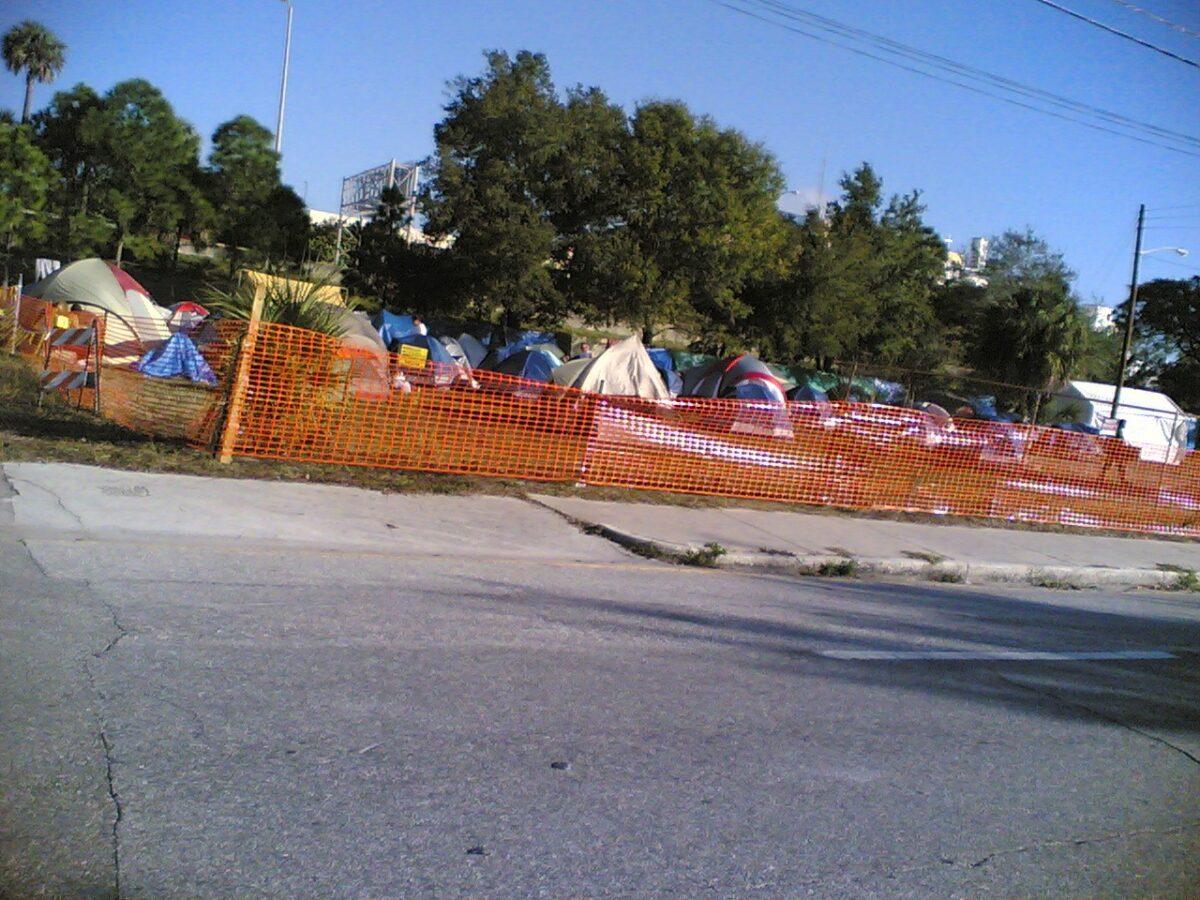
A few miles from Miami International Airport, outside of Hialeah, sits a tent camp of about 280 homeless people. There’s no electricity or running water and no bathrooms. News reports describe the stench of human waste and garbage, tents that flood when it rains, and flies, mosquitoes, and rats infesting the area. “Animals live better than this,” one resident […]
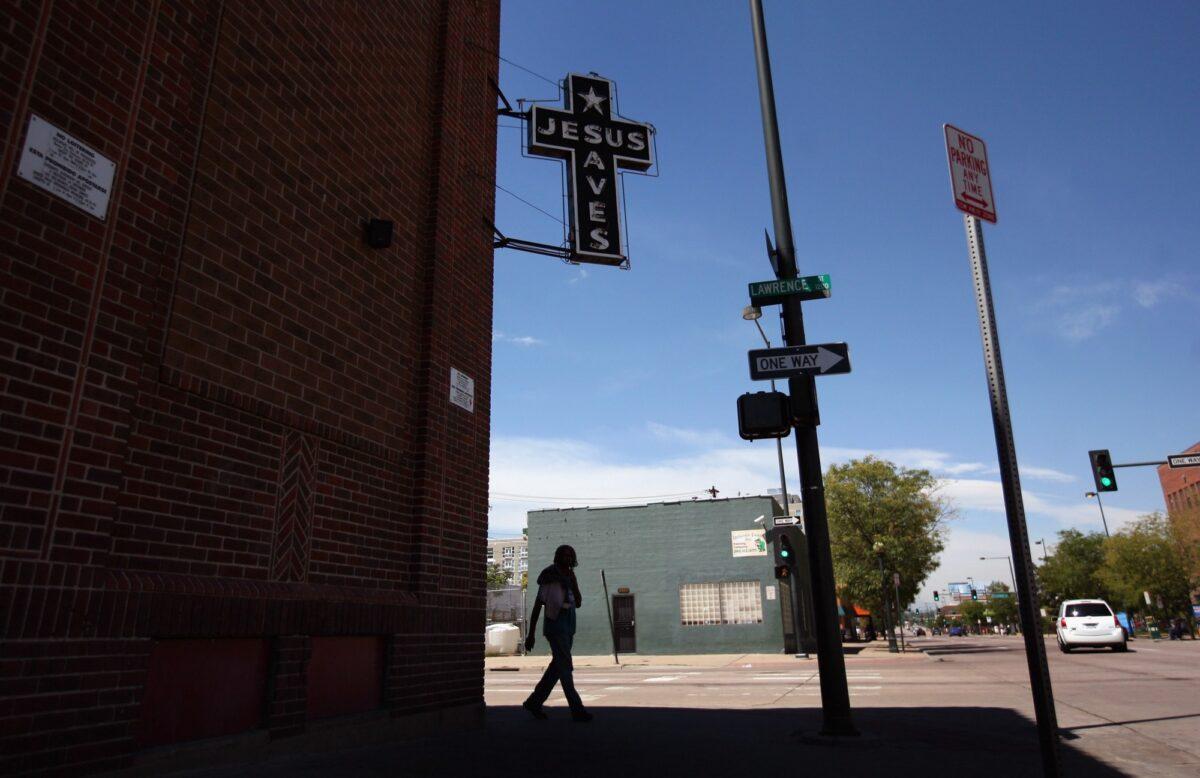
“It’s illegal to stand still, it’s illegal to sit down, it’s illegal to lay down, it’s illegal to eat,” said Paul Boden, executive director of the Western Regional Advocacy Project. “You’re breaking the law as soon as you stop walking.”